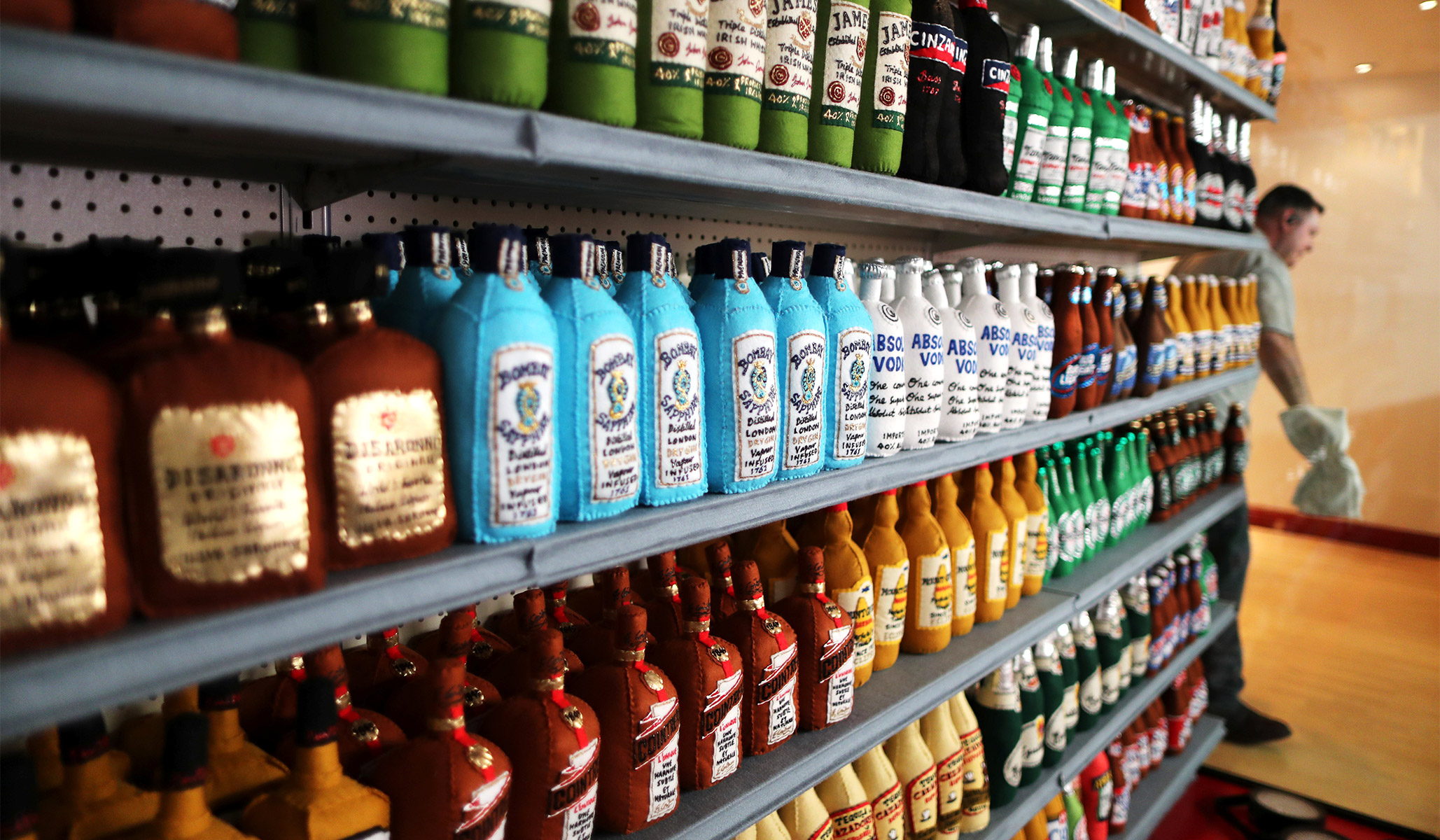Alcohol-related deaths increased 25 percent from 2019 to 2020, with alcohol-related deaths among adults younger than 65 outnumbering deaths from Covid-19 in the same age group in 2020, a new study found.
Alcohol-related deaths, including from liver disease and accidents, increased to 99,017 in 2020, up from 78,927 the year prior, according to the study performed by researchers with the National Institute on Alcohol Abuse and Alcoholism, a division of the National Institutes of Health.
While 74,408 Americans ages 16 to 64 died of alcohol-related causes, 74,075 individuals under 65 died of Covid-19, the study found. The rate of increase for alcohol-related deaths in 2020 (25 percent) was greater than the rate of increase of deaths from all causes (16.6 percent).
The study shows just another unintended consequence of Covid-19 lockdowns and mitigation measures.
The largest increase in alcohol-related deaths in 2020 was among young adults ages 25 to 44, a group that recorded a nearly 40 percent rise over the previous year.
The study, which was published in The Journal of the American Medical Association on Friday, relies on information from death certificates. Researches included deaths in which alcohol was listed as an underlying or contributing cause.
The increase was well above the average annual increase of 3.6 percent in alcohol-related deaths between 1999 and 2019.
The report’s first author, Aaron White, who is a senior scientific adviser at the alcohol abuse institute, told the New York Times that researchers believer there were “lots of people who were in recovery and had reduced access to support that spring and relapsed.”
“Stress is the primary factor in relapse, and there is no question there was a big increase in self-reported stress, and big increases in anxiety and depression, and planet-wide uncertainty about what was coming next,” he said. “That’s a lot of pressure on people who are trying to maintain recovery.”
John Kelly, a professor of psychiatry at Harvard Medical School and the director of the Recovery Research Institute at Massachusetts General Hospital, told the Times that some people were unable or reluctant to seek care during lockdowns and times that hospitals were slammed with Covid-19 cases.
Meanwhile, adults in their mid-20s to mid-40s with children at home faced additional stress as they balanced working from home and learning, while those without children may have faced more isolation and loneliness, said Katherine Keyes, a professor of epidemiology at Columbia University who was not involved in the study.
Send a tip to the news team at NR.
